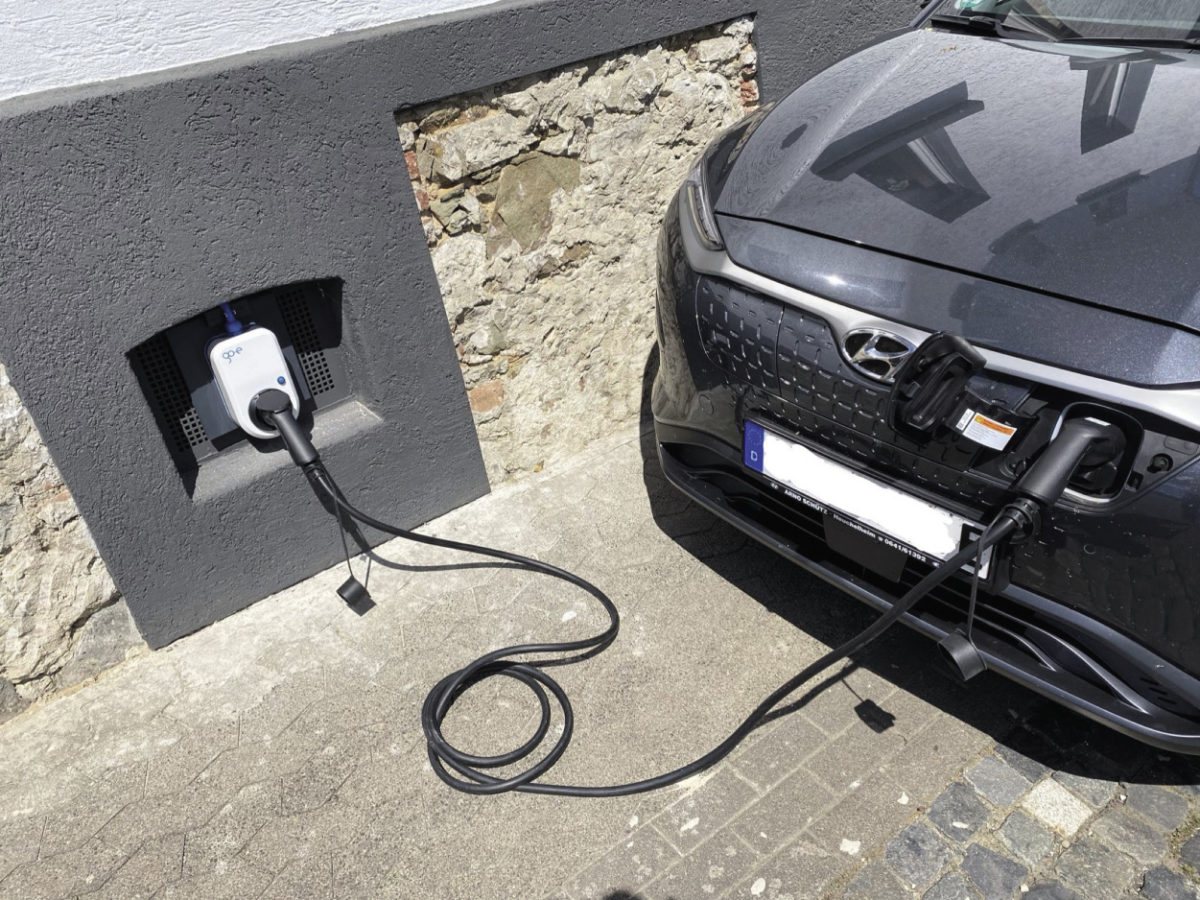As the world pivots towards a greener and more sustainable future, electric vehicles EVs are becoming an increasingly popular choice among consumers. This shift is not just a fleeting trend but a significant transformation in how we view transportation. For homeowners, installing an EV charger at home can offer a plethora of benefits, making it a wise investment. Here are the top reasons why every homeowner should consider an EV charger.
Convenience and Accessibility
One of the most compelling reasons to install an EV charger at home is the unparalleled convenience it offers. Public charging stations are becoming more common, but they are not always nearby, and waiting in line can be a hassle. With a home EV charger, you can charge your vehicle overnight, just like you charge your phone. This means you wake up every morning to a fully charged car, ready to go the distance. It eliminates the need for frequent trips to public charging stations, saving time and reducing the stress associated with finding an available charger.
Cost Savings
Another significant advantage of having Beny EV charger at home is the potential for cost savings. Charging your vehicle at home is generally cheaper than using public charging stations. Many utility companies offer special rates for EV owners, especially during off-peak hours. By taking advantage of these rates, you can significantly lower your energy bills. Furthermore, the maintenance costs for EVs are generally lower than for traditional internal combustion engine vehicles, contributing to overall savings.

Environmental Impact
Switching to an electric vehicle is a great way to reduce your carbon footprint. EVs produce zero tailpipe emissions, which means they do not contribute to air pollution and have a lower overall environmental impact compared to gasoline-powered vehicles. By installing an EV charger at home, you are taking a proactive step towards a greener future. Additionally, if your home is equipped with solar panels, you can harness the power of the sun to charge your vehicle, further reducing your dependence on fossil fuels and lowering your energy costs.
Increased Property Value
Installing an EV charger can also enhance the value of your property. As electric vehicles become more popular, homes with EV chargers are becoming more attractive to potential buyers. This feature can set your property apart in the real estate market, making it a smart investment for the future. Homebuyers are increasingly looking for energy-efficient homes with modern amenities, and an EV charger is a desirable addition that can boost your home’s appeal and resale value.
Future-Proofing Your Home
The automotive industry is rapidly evolving, with many major car manufacturers committing to an electric future. Governments around the world are also implementing policies to encourage the adoption of EVs, including bans on the sale of new gasoline and diesel cars in the coming decades. By installing an EV charger now, you are future-proofing your home, ensuring that you are prepared for the inevitable shift towards electric vehicles. This foresight can save you from potential headaches and expenses down the road and check here https://www.beny.com/es/.
Installing an EV charger at home offers numerous benefits, from convenience and cost savings to environmental impact and increased property value. As the world moves towards a more sustainable future, having an EV charger at home is a forward-thinking decision that can pay off in multiple ways.

